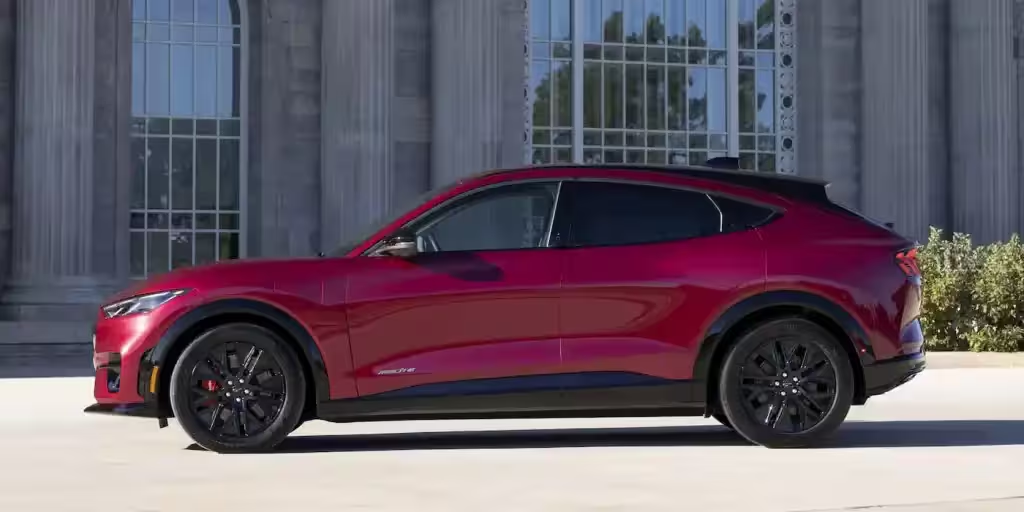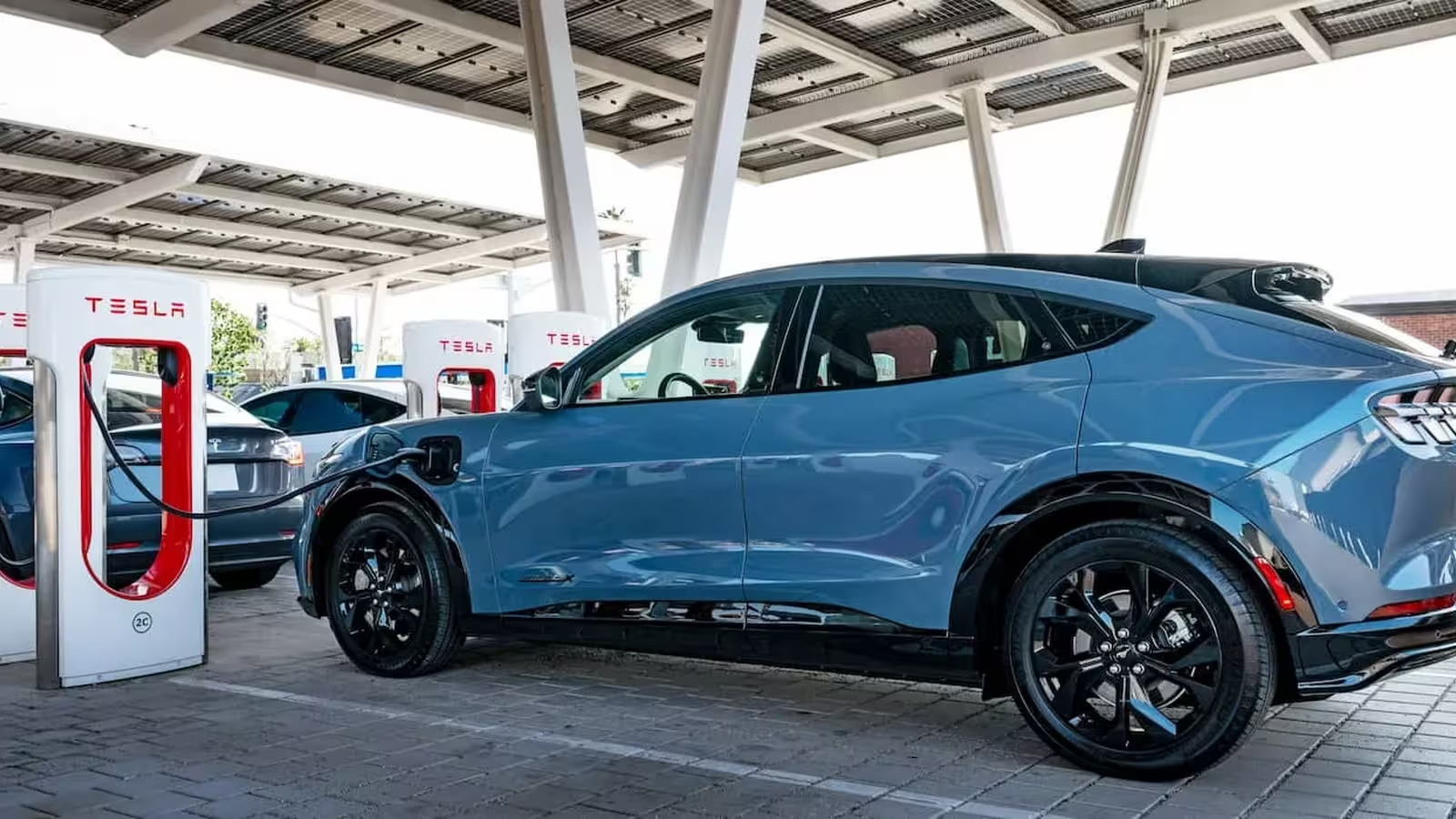3 Minutes
Ford Motors faces a tough quarter as its electric vehicle (EV) sales nosedived by nearly a third in Q2 2025. The automaker reported selling 16,438 electric models in the United States, a sharp decline from 23,957 in the same period last year. Ford attributes this significant drop to a combination of factors that disrupted both its Mustang Mach-E and F-150 Lightning inventory and sales.
Main Reasons Behind the Q2 EV Sales Drop
Ford’s plummet in electric vehicle sales can be traced to two main issues: disruptions from the transition to 2025 model year vehicles and a major recall affecting the Mustang Mach-E. According to company spokesperson Martin Gunsberg, "Our dealers can’t sell what they don’t have." The Mustang Mach-E was placed under a stop-sale order in June, following a recall impacting almost 200,000 units due to a software defect. The glitch could potentially trap drivers inside or outside the vehicle, raising safety and usability concerns.
Ford is currently developing a software update to remedy the issue, with an expected rollout in the third quarter. Until then, dealers remain unable to move Mustangs off their lots, putting increased strain on overall EV delivery numbers.
Vehicle Performance and Model Comparisons
All three of Ford’s EVs saw their Q2 sales dwindle by double digits. The F-150 Lightning, Ford’s all-electric pickup competing directly in the truck segment, posted 5,842 units sold—a 26% drop from the previous year. The Mustang Mach-E, Ford’s sporty all-electric SUV, recorded a 19.5% reduction with 10,178 models sold. Meanwhile, the E-Transit electric van saw the steepest decline, plummeting 87.7% to just 418 units.

Design and Market Positioning
Both the Mustang Mach-E and F-150 Lightning are integral to Ford’s push into the EV market, blending top-tier performance with familiar brand appeal. The Mach-E stands out for its dynamic styling and agile handling, while the Lightning impresses with robust towing capabilities and smart technology tailored to pickup enthusiasts.
Competitive Landscape: Ford vs. GM
In stark contrast, General Motors (GM) reported a surge in electric vehicle sales during the same quarter, selling 46,280 EVs across brands like Chevy, GMC, and Cadillac. GM’s lineup expansion into electric SUVs, trucks, and entry models helped the manufacturer more than double its EV deliveries year-over-year, spotlighting Ford’s current challenges.
Looking Ahead: Affordable Electric Options in 2027
To regain momentum, Ford is investing heavily in a new low-cost EV platform. The brand plans to introduce more affordable electric vehicles starting in 2027, beginning with a midsize electric pickup. This strategic move is aimed at broadening Ford’s reach in the growing electric vehicle segment and offering consumers greater accessibility to EV ownership.
In summary, while Ford has faced a challenging second quarter due to recalls and inventory constraints, its commitment to innovation and future product launches may help restore its standing in the highly competitive electric vehicle market.
Source: electrek



Comments